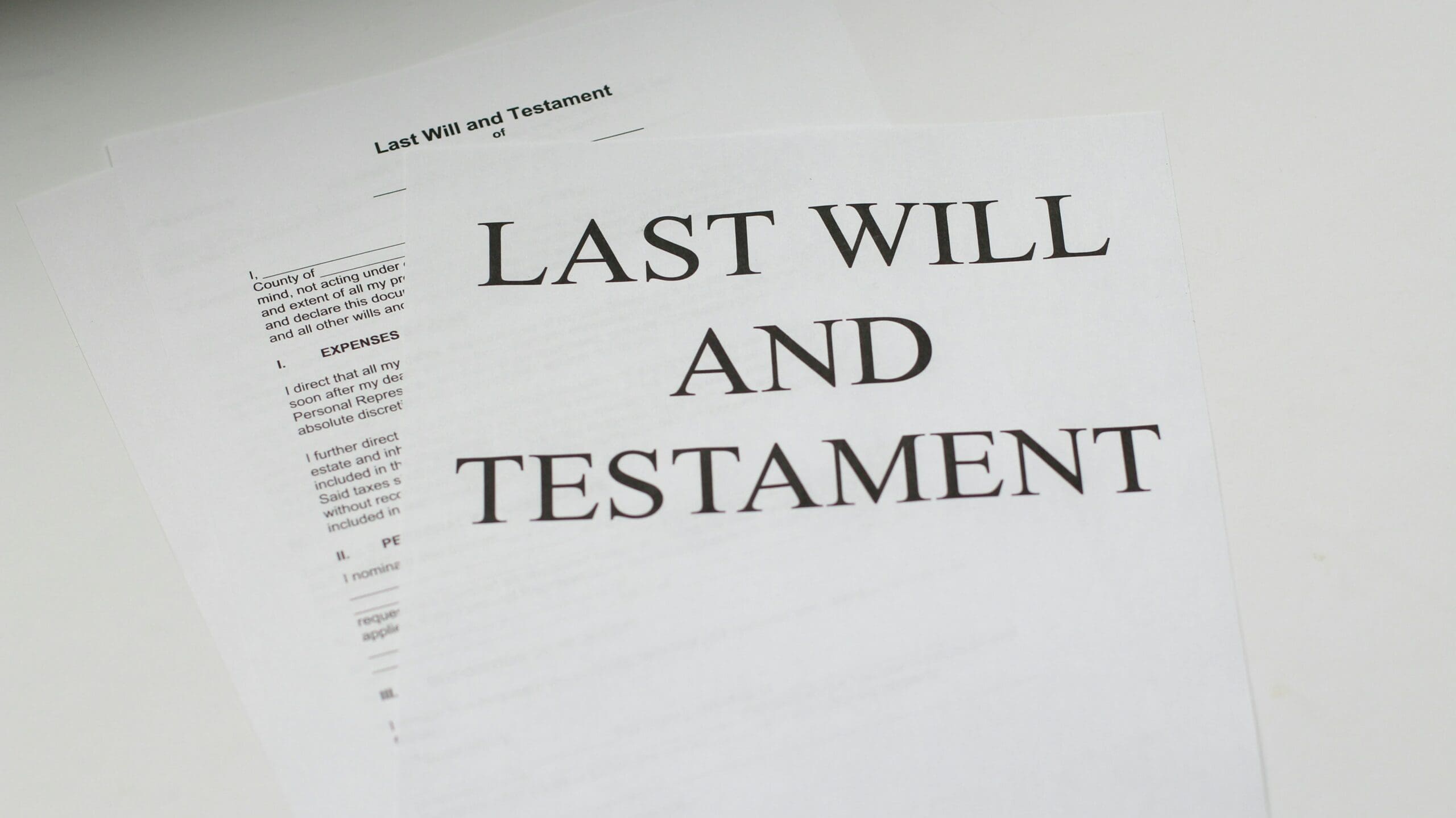What are Mutual Wills?
Mutual Wills are Wills made by spouses together with an agreement that neither party can revoke or amend their Will after the other party’s death.
Mutual Wills are legally binding and if one spouse changes their Will after the other spouse dies, they would be in breach of the agreement.
How do Mutual Wills Work?
Usually, Mutual Wills require spouses to have similar Wills drawn alongside a written agreement that the Wills are not to be changed in the future, or that only certain aspects of the Will are allowed to be changed.
Mutual Wills are dependent on one spouse not disposing of the assets during their lifetime, after the spouse has passed away.
Usually:
- One party to a Mutual Will will leave everything to their spouse in the first instance, and everything to their own children, and the children of their spouse (their step-children) in the event their spouse predeceases them.
- The other spouse would have a similar Will that would also leave everything to their spouse first, followed by their children, and their spouses’ children.
A Mutual Will ensures that both sets of children will benefit regardless of which spouse dies first.
Who are Mutual Wills Appropriate for?
Mutual Wills are most commonly sought by members of blended families where one or both spouses have children from previous relationships.
Mutual Wills may be more suitable for older couples as they are inflexible and should one party remarry, they will be limited in leaving anything to their new spouse.
The case of Re Miglic [2024] VSC 20
In the recent Supreme Court case of Re Miglic [2024] VSC 20 the plaintiffs, two sisters, Andrea and Lisa, succeeded in their claim that a mutual Wills agreement existed between their father Kurt and their step-mother Marilyn.
In this case, Kurt and Marilyn had made Wills in 1993 which stipulated that everything in Kurt’s estate would be left to Marilyn, or to his two daughters in the event she did not survive him.
In her 1993 Will Marilyn’s estate would go to Kurt absolutely, or if he did not survive her, then $20,000 would go to her brother’s children, Stephen, Victoria and Louise, with the balance of her estate to Andrea and Lisa.
Lisa and Andrea stated that when they had discussed the Wills with Kurt and Marilyn, they were assured that they would be taken care of.
Andrea and Lisa’s position was that Kurt and Marilyn had made a binding agreement at the time they made their 1993 Wills, that they would not change their Wills without the other’s consent.
The defendants, Marilyn’s nephew Stephen and nieces Victoria and Louise, denied such an agreement existed. The estate was substantial in size as the couple’s property located at Albany Road, Toorak was worth approximately $11.5 million at the time Marilyn passed away in 2020.
The problem in this case, was that there was no written agreement that the Wills were to be legally binding as Mutual Wills. Instead, the plaintiffs claimed that Kurt and Marilyn had made verbal assertions to the effect that the Wills were not to be changed without the other’s consent.
In 1998, Kurt’s doctor noted memory problems and by 2001, Kurt received a dementia diagnosis.
In December of 2001, Marilyn executed a new Will which gave $20,000 each to the defendants instead of $20,000 between them and left the remainder of her estate to the plaintiffs.
The plaintiffs claimed that Kurt’s dementia had progressed so that by this point he was unable to consent to Marilyn executing a new Will.
In 2005 Marilyn executed another Will which gave Stephen and Louise $350,000 each and gave $500,000 to Victoria. The balance of her estate was to go to Kurt or to Lisa and Andrea in the event Kurt predeceased her.
In 2007, Kurt passed away and his estate passed to Marilyn.
Marilyn executed new Wills in 2011, 2014 and 2018, all of which progressively increased the value of the share going to Marilyn’s nephew and nieces and decreased the share going to Lisa and Andrea.
Marilyn passed away in 2020 and her 2018 Will gave one fifth of the sale proceeds of the Albany Road property each to Stephen, Louise, Victoria, Lisa and Andrea, and the balance of her estate was divided between Victoria, Andrea and Lisa.
The Court found that the 1993 Will should be upheld on the basis that Kurt and Marilyn had intended their 1993 Wills to be legally binding and that neither party could change their Wills without the other’s consent based on the evidence presented.
The case of Re Miglic demonstrates the need for Mutual Wills to be drafted correctly and for any agreement that mutual Wills are to be binding to be written up and formally recorded alongside of the Will, instead of just by way of verbal agreement.
If there had been a written agreement that the mutual Wills were to be irrevocable, the costs of going to the Supreme Court could have been avoided by the parties.
—
Kate Scolyer – Solicitor– Matthies Lawyers
Should you wish to obtain advice regarding your estate planning matters, please contact Matthies Lawyers for an obligation-free consultation or call +61 3 8692 2517 today.
Disclaimer: This article contains general information only and is not intended to be a substitute for obtaining legal advice


